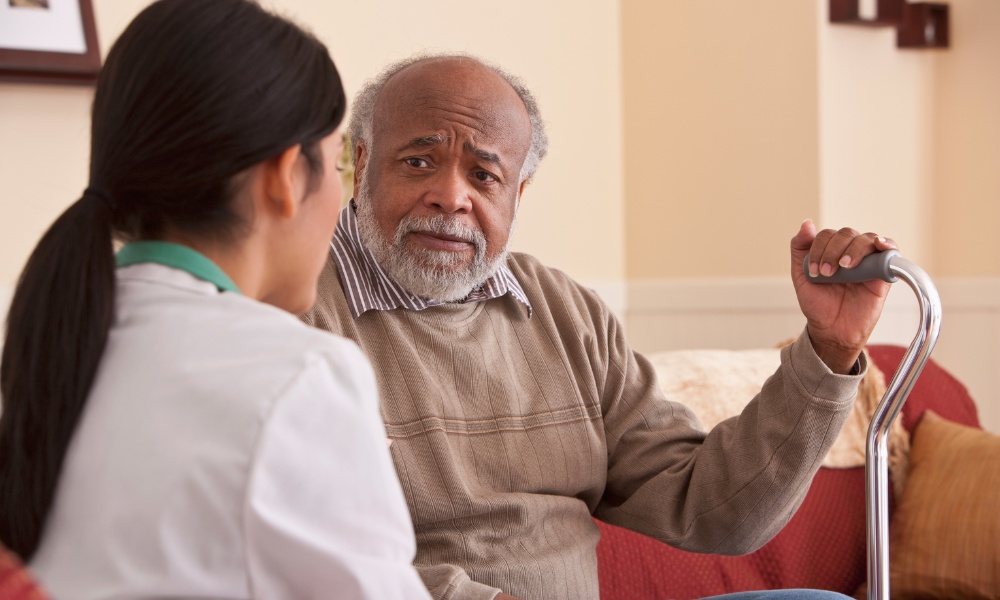
Receiving a serious diagnosis can feel like the ground has shifted beneath your feet. Whether it’s cancer, Parkinson’s, dementia, or another chronic illness, the news can bring a wave of emotions—shock, fear, confusion, grief. In that moment, life may feel uncertain and overwhelming.
But with time, support, and the right resources, it is possible to move forward with clarity and strength.
At Neighbors Who Care, we walk alongside many individuals and families navigating new health challenges. While everyone’s experience is unique, here are some thoughtful steps that can help you begin adjusting after receiving a life-changing diagnosis.
1. Take Time to Process
It’s okay to feel overwhelmed. Give yourself permission to experience the full range of emotions: sadness, anger, anxiety, even relief if you finally have answers. Try not to rush into decisions right away. Take time to sit with the news, ask questions, and let yourself breathe.
If you feel isolated or unsure how to talk about what you’re feeling, consider reaching out to a counselor, support group, or trusted friend.
2. Gather Reliable Information
Knowledge can reduce fear and give you a sense of control. Start by learning about your diagnosis from reputable sources like your healthcare provider, medical associations, or condition-specific nonprofits.
Bring a notepad or a support person to your appointments so you don’t have to take in everything on your own. You may also want to record the visit to review later. And remember it’s okay to ask your doctor to explain something more than once.
3. Ask: What Do I Need Right Now?
It might be help around the house, emotional support, or simply more rest. Think about what would bring comfort and communicate those needs to people around you. Many times, friends and family want to help but they just don’t know how unless you tell them.
At Neighbors Who Care, we provide support that makes day-to-day life easier: rides to appointments, help with meals, and friendly visits that brighten the day.
4. Keep Doing What You Love—Even If It Looks Different
A diagnosis doesn’t erase who you are. It’s still possible to enjoy your favorite hobbies, attend gatherings, or stay involved in your community. Whether it’s a shorter walk, a chair yoga class, or participating in a book club from home, joy and connection still matter.
5. Build a Circle of Support
You don’t have to go through this alone. Your support network might include:
- Family and close friends
- Faith communities or social groups
- Medical professionals and care teams
- Volunteers and organizations like Neighbors Who Care
You may also benefit from speaking with others who have gone through a similar diagnosis. Shared experience can offer hope and practical tips for day-to-day life.
6. Focus on What You Can Control
You may not be able to change the diagnosis, but you can influence how you care for yourself—physically, emotionally, and spiritually. Set small, manageable goals. Celebrate moments of progress. Give yourself grace on the hard days.
Your Story Isn’t Over
A diagnosis is a turning point, not an ending. While it changes the path ahead, it doesn’t take away your worth, your wisdom, or your ability to love and be loved.
If you or someone you care about is facing a new diagnosis and could use a helping hand, Neighbors Who Care is here. Our volunteers offer the kind of everyday support that can make a big difference in how you adjust and move forward.
Visit neighborswhocare.com or call 480‑895‑7133 to learn how we can help.

